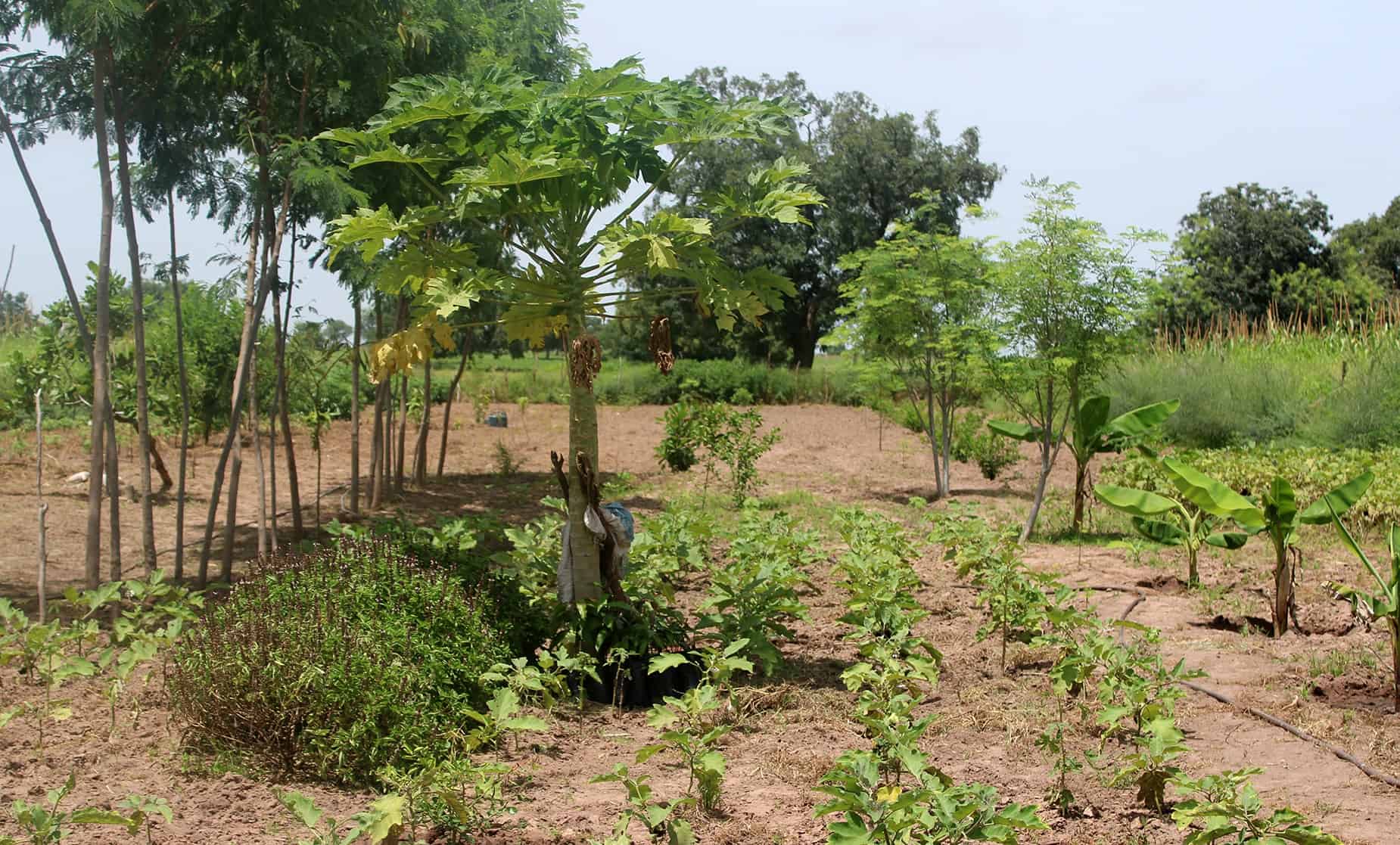“I only knew how to grow millet and peanuts,” he recalls.
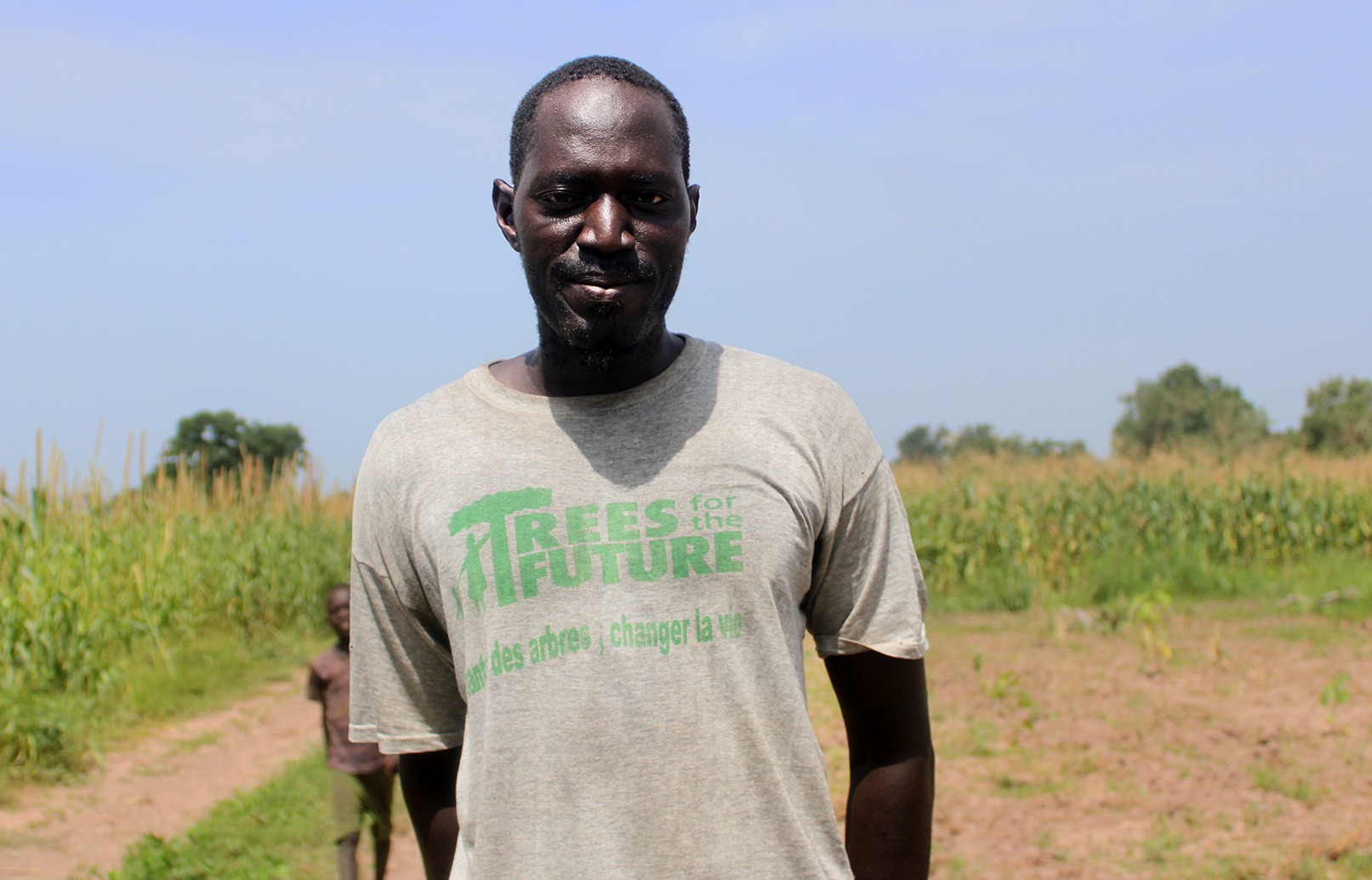
Focusing production on one grain or cash crop is all too common in modern agriculture. But as farmers like Saliou can attest, the system of monocrop intensification is neither profitable for the farmer nor is it good for the planet.
41-year-old Saliou was unable to support his family by farming, so he worked in his uncle’s shop. He was earning about $70 USD a month. But things changed quickly for him when he joined the Forest Garden Program and started learning about agroforestry and sustainable farming.
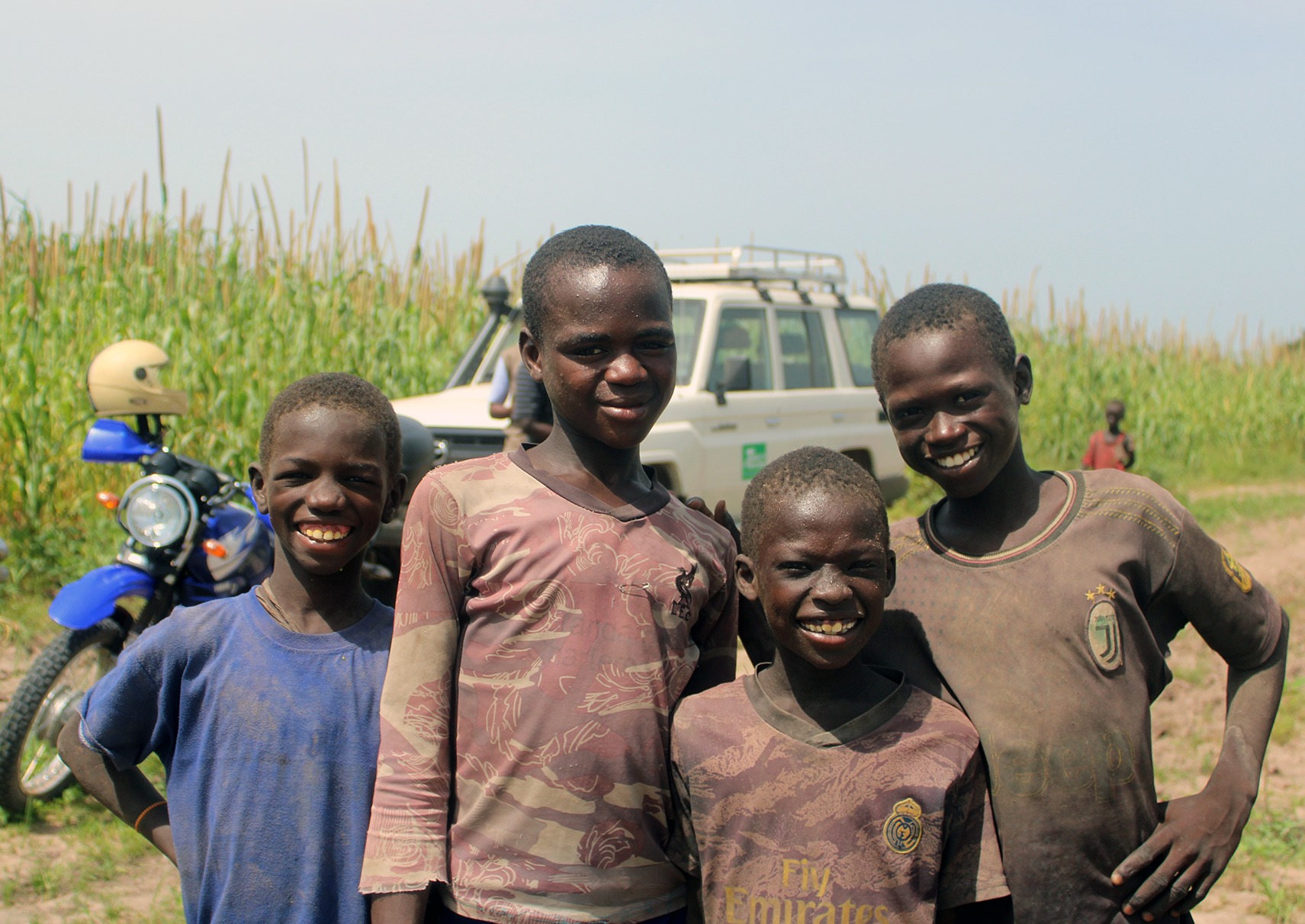
“The best decision of my life was to join the Trees for the Future program,” he says.
Along with his neighboring farmers, Saliou received training from TREES staff for four years. Farmers learn how to protect their land, diversify what they grow, and take advantage of their land without overworking the resource.
“I became an agroforestry expert,” Saliou says. “I was able to even plant sugar cane in my Forest Garden.”
Sugar cane, papaya, mango, tomato, okra, chili, eggplant, moringa, cassava, banana, and so much more fill the land around Saliou’s home.
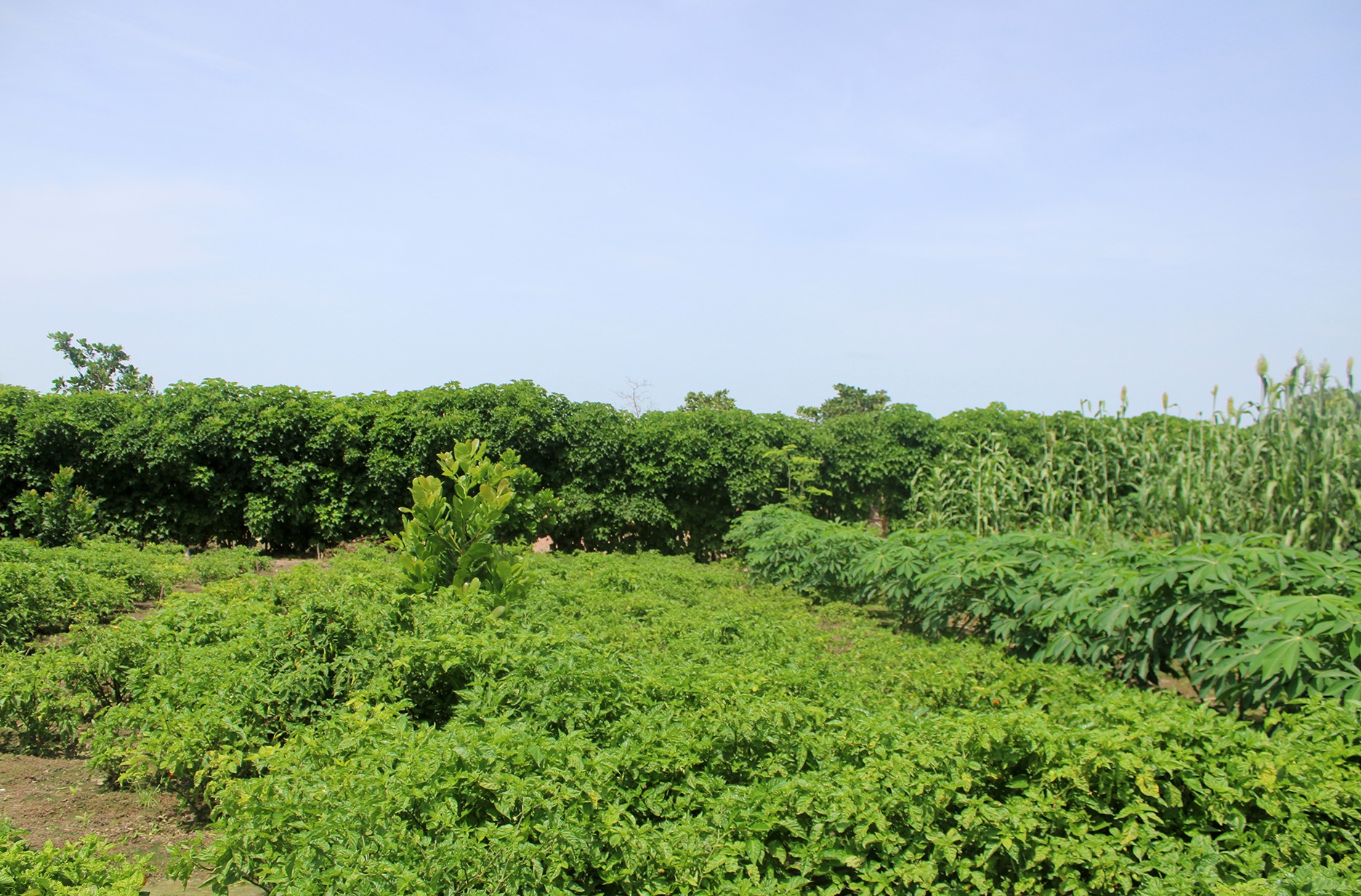
By focusing on diversifying what they grow, farmers are able to improve their families’ diets and can be confident in a regular income. From his eggplant harvest alone, Saliou earned more money in one week than he could previously make in seven months.
Lasting Impact
TREES Technician Mady Wade explains that the training TREES provides helps farmers gain the knowledge they need to be successful in the long-term, without dependence on aid.
“Although we continue to support them with seed materials and training [throughout the program], TREES farmers gain financial autonomy in their first year,” Wade says.
Saliou and his family are proof of that.
“During these four years, thanks to my Forest Garden, I built three bedrooms, bought two oxen, [equipment], and a horse for field work,” says Saliou. He also points out the immaterial improvements made possible by his success. “We must not forget the schooling of my children, health care for the family, and daily expenses.”
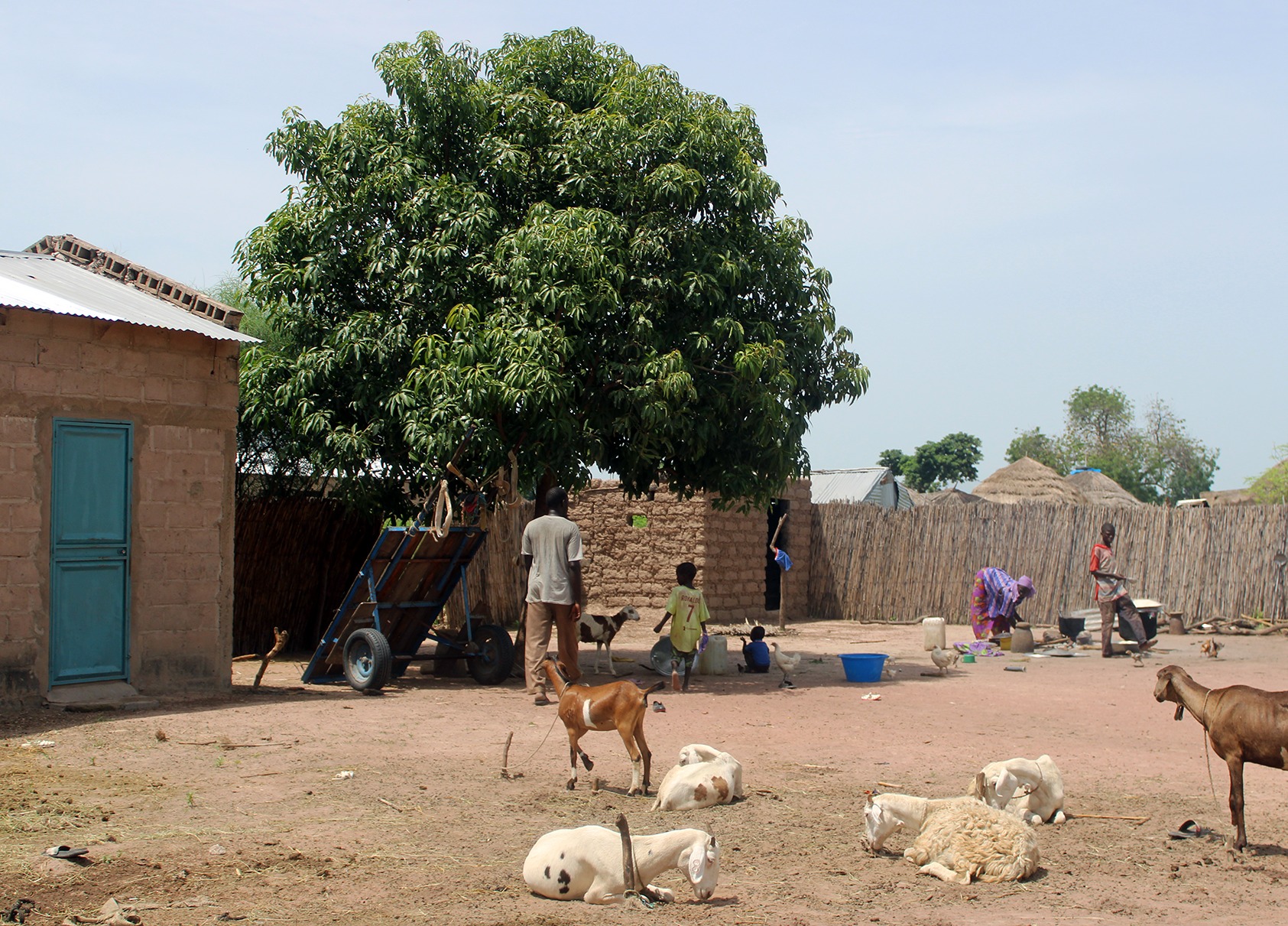
While the formal TREES training program comes to a close, Saliou seems to be just getting started. He is hard at work establishing a second Forest Garden with the knowledge and savings he’s gained from his training.
“I was delighted when I saw that Saliou had a new Forest Garden,” says TREES Technician Issa Fall. “This proves that our method supports the farmer throughout his life.”
Saliou is one of about 9,000 farmers impacted by TREES’ Forest Garden training. Across sub-Saharan Africa, TREES has reached more than 25,000 farmers, changing more than 317,000 lives.
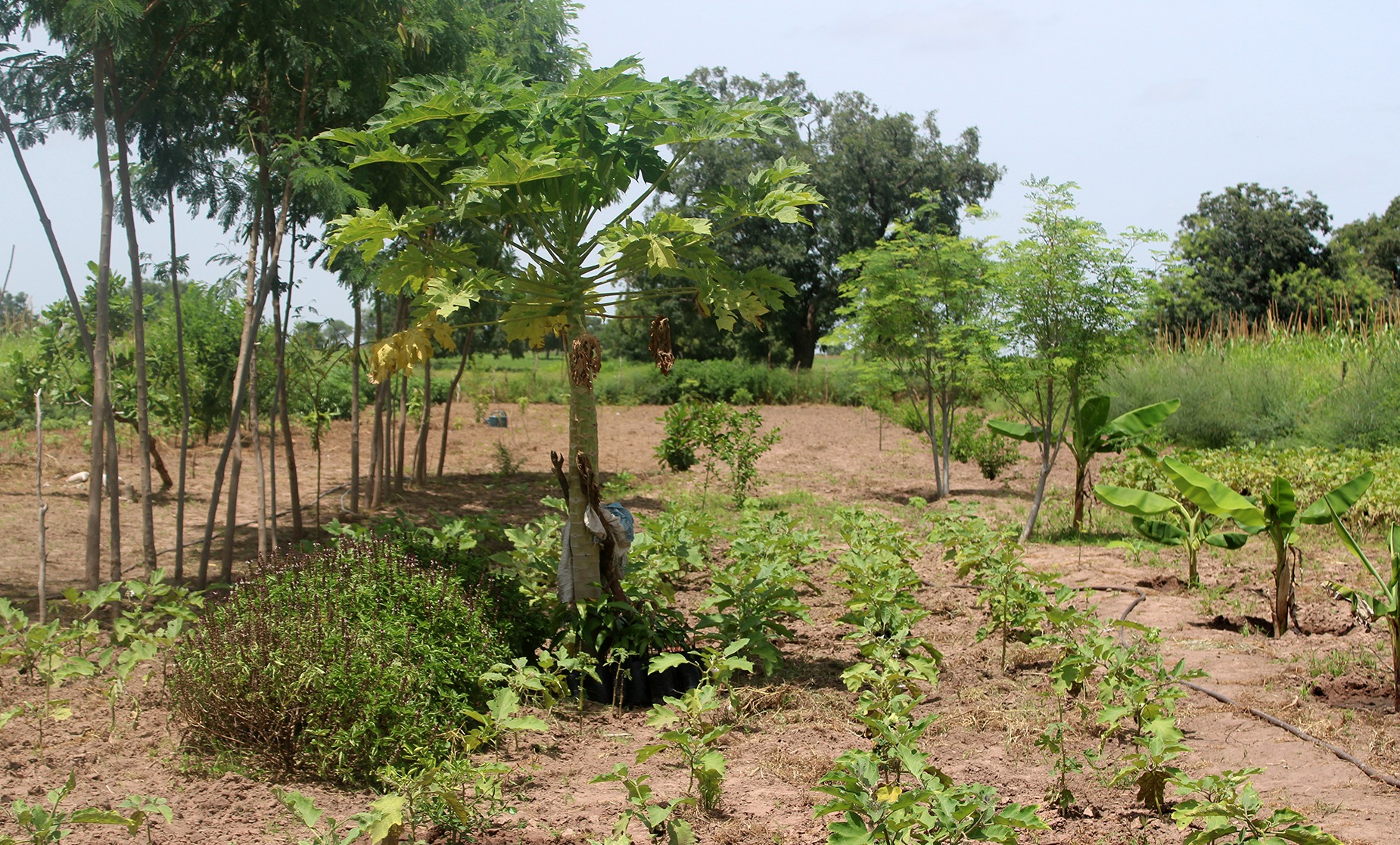
With each farmer’s success, neighboring farmers see the transformations take place and local appreciation for agroforestry grows.
“Every day, people come to me to find out how to get on with this project!” Saliou says. “TREES alone gives us the opportunity to have a comfortable life.”
Help provide the training and resources for more farmers like Saliou. Donate to TREES today.
